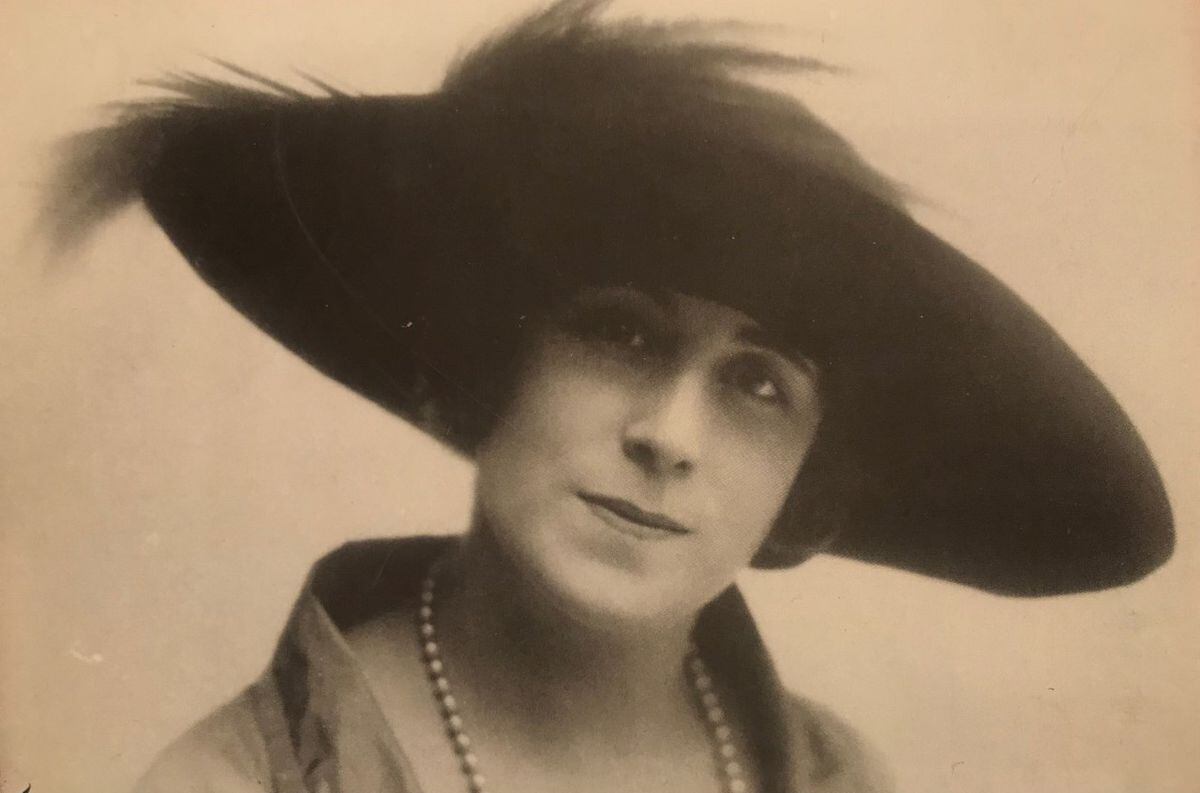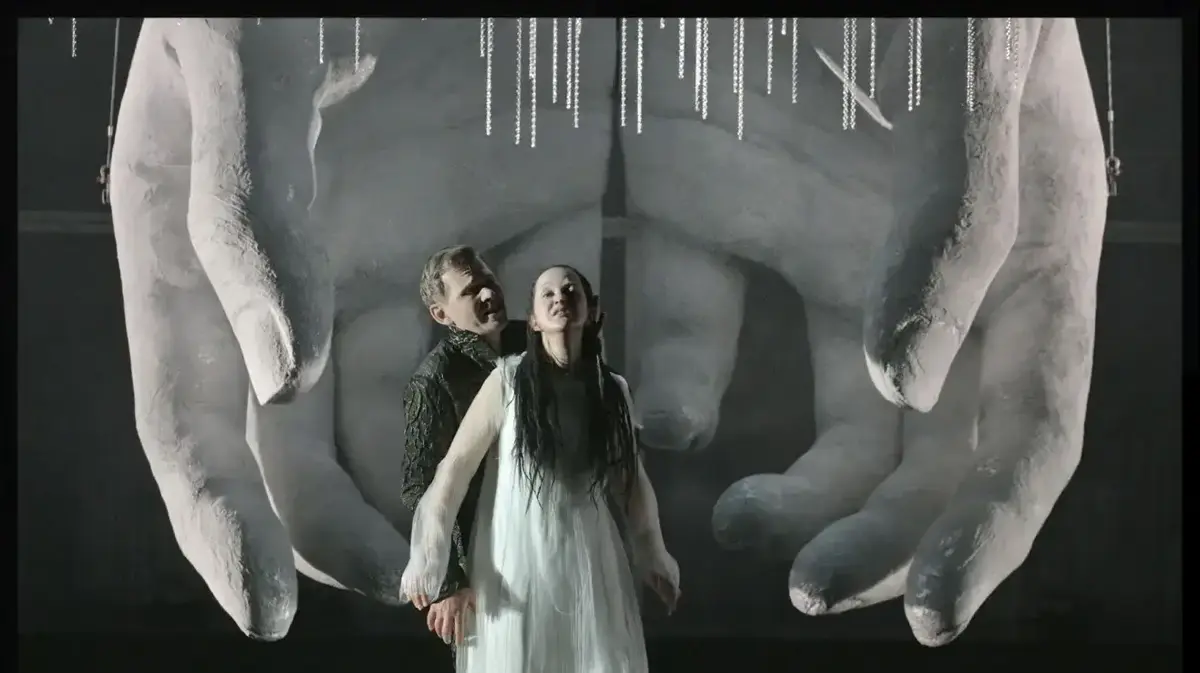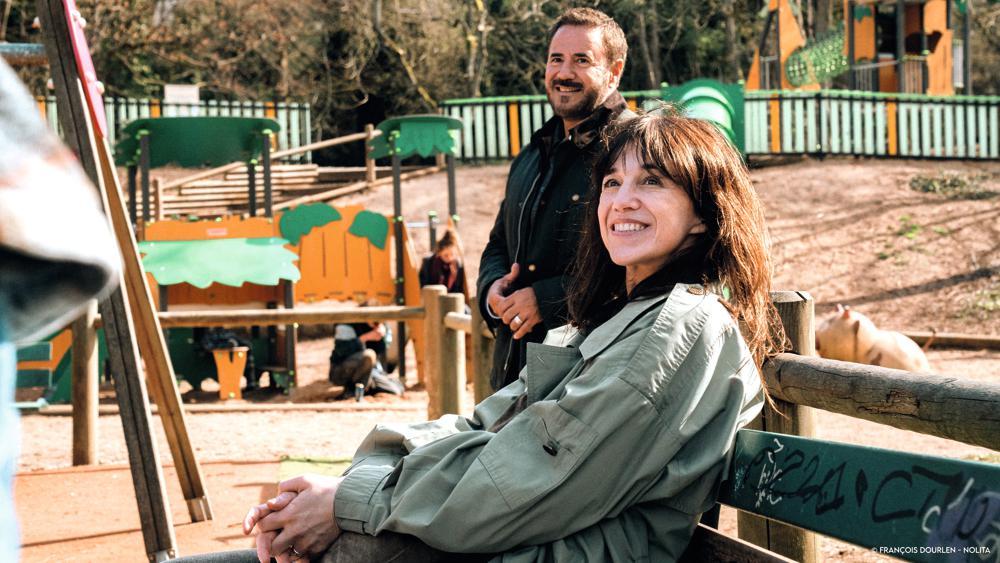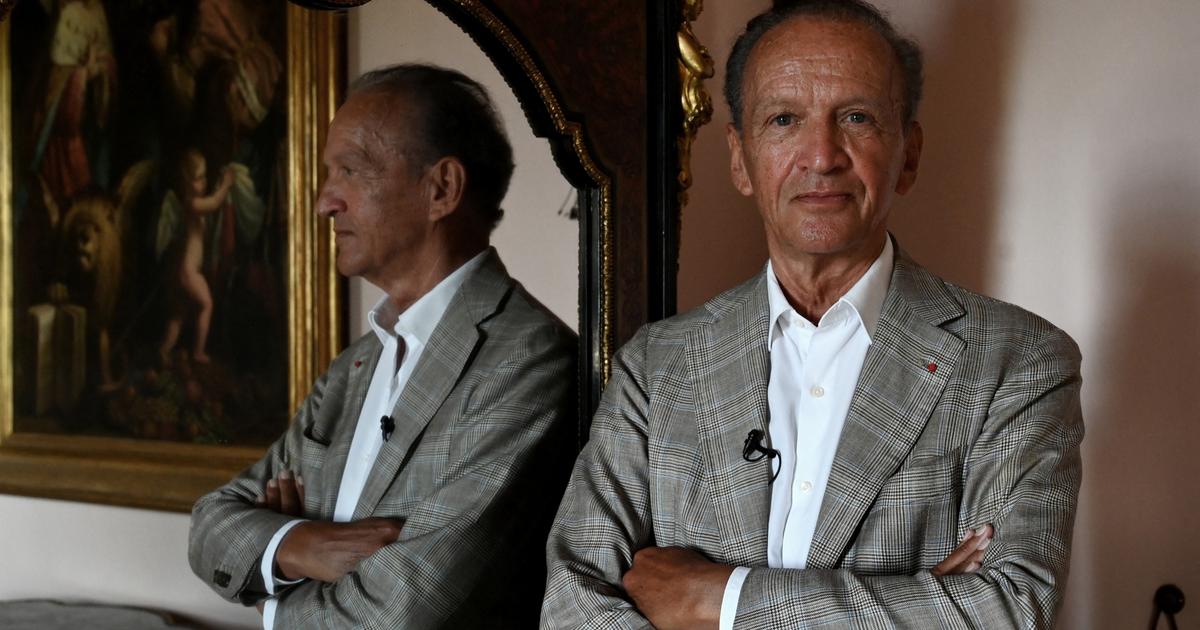Lucrezia Bori, in an undated image from the archive of José Doménech, the singer's biographer.
Lucrezia Bori reigned at the New York opera.
Not only was she the most acclaimed soprano in the first half of the 20th century, but the philanthropic and managerial work of this Valencian (1887–1960) was key to saving the Metropolitan Opera in New York, where she sang in 473 performances, from its bankruptcy after the crisis of 1929. He also performed on the main stages of Italy, such as La Scala in Milan, and in other countries, where he achieved great success.
She sang with the greatest voices of the time such as Enrico Caruso, Beniamino Gigli, Giacomo Lauri-Volpi or Miguel Fleta, and was directed by Giacomo Puccini and Arturo Toscanini, who chose her for
Manon Lescaut.
But he never got to perform as a professional in his country, a circumstance that has contributed to his name lacking the resonance and recognition that other artists in Spain currently enjoy.
More information
Lucrecia Bori: quite a diva
A name that she changed to herself on her way through Italy.
They warned her that her original Lucrecia Borja was not pronounced correctly in Italian because of the jota and, furthermore, it was confused with that of the unfortunate daughter, about whom so many prejudices and legends circulated in the Renaissance, of Pope Alexander VI, also from Valencia. Rodrigo de Borja, who went down to posterity with the Italian spelling Borgia.
Already with her stage name, Lucrezia Bori crossed the Atlantic and became a diva and a celebrity who rubbed shoulders with members of the Guggenheim, Rockefeller, Vanderbilt, Astor or Huntington families, and with personalities such as Eleanor Roosevelt.
The soprano Rosa Dávila and the pianist José Alberto Sancho, at the tribute to Lucrezia Bori in the Valencia cemetery, organized this Friday by the Palau de les Arts.
Monica Torres
“Lucrezia Bori reigned in the New York opera, and Concha Piquer, on Broadway.
We are investigating the possibility that they met then," José Doménech Part, the artist's biographer, said this Friday, smiling at the idea, in the Valencia cemetery.
There, away from the commercial noise of Christmas, the Palau de les Arts paid tribute to the singer in front of her tomb on the occasion of the 135th anniversary of her birth and one day before she died, on December 24, 1960. She asked to be buried in her land.
And so it was done in 1961 in a pantheon, in front of which the artists from the Valencian Opera Perfection Center, the soprano Rosa Dávila and the pianist José Alberto Sancho, performed two essential arias in their extensive repertoire:
Sì, mi chiamano Mimì
, from
La bohème,
by Puccini
,
and
Porgi amor
, from
Le nozze di Figaro,
by Mozart.
There, the president of the Board of Les Arts, Pablo Font de Mora, vindicated the figure of "an exceptional and pioneering woman who deserves to recover her privileged place in the history of poetry and the city of Valencia", a few days after that the entity agreed to baptize its new circle of patronage with the name of the soprano.
Font de Mora recalled that the artist was the first woman and performer to be elected a member of the Board of Directors of the Metropolitan Opera House, and, once she retired from the stage, she promoted the historic radio broadcasts of the
Saturday Matinee Broadcast
, which still They are still being broadcast today.
Cover of 'Time' magazine with Lucrezia Bori.
The singer retired early, in 1936, as soon as she noticed that her voice was beginning to fail.
She then dedicated herself to numerous charitable initiatives.
She received the Grand Cross from Alfonso XIII for her contribution to the construction of the University City of Madrid, and, knowing the effects of the Valencia flood in 1957, she brought together the American elite at the Town Hall in New York at a gala with the one that raised 50,000 dollars that he sent to the capital of the Turia and that was destined to the construction of houses for the families affected by the tragedy in the neighborhood of La Fontsanta, where he has a street dedicated to his name.
auction of a jewel
Almost 10 years ago, the New York opera auctioned off a jewel donated to the theater by Lucrezia Bori and obtained three million dollars, commented Jorge Culla, general director of the Palau de les Arts Foundation.
The jewel was a gift to the singer from Eugenia de Montijo, a Spanish aristocrat and empress consort of the French as wife of Napoleon III.
Bori spent a few years without singing after a delicate operation.
She recovered in Valencia, where she had studied music and singing, and where she became friends years later with a neighbor who never stopped remembering her, the poet and essayist Juan Gil-Albert (1904-1994).
Once she recovered her voice, she was about to sing at the Liceu in Barcelona, although in the end she opted to perform in Monte Carlo.
Lucrezia Bori is still largely unknown to the majority of the population today, “despite being the most important Spanish singer of the first half of the s.
XX, a fascinating woman who aroused the respect and admiration of some of the most important figures of the moment and who opened the door to a whole generation of singers, ”said her biographer.
Lucrezia Bori, in one of her papers, in an undated image from the archives of biographer José Donémech.
Subscribe to continue reading
Read without limits
Keep reading
I'm already a subscriber









